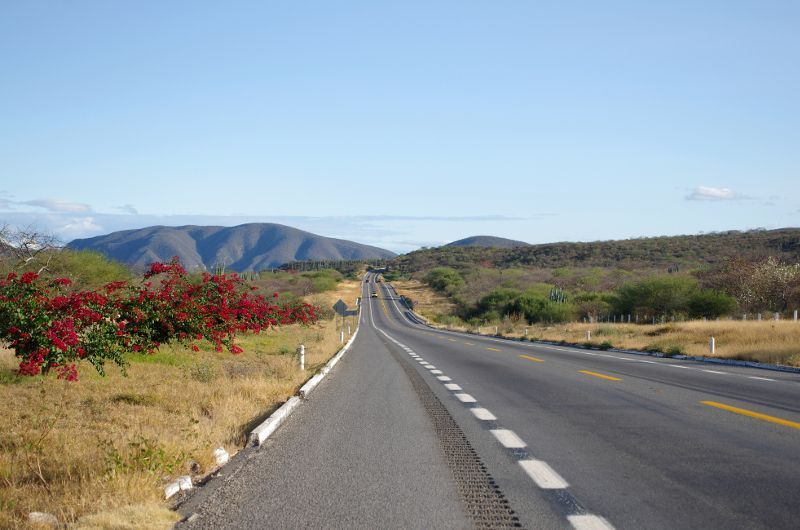At the launch of this multi-country action, the work plan and governance model were presented in a session with representation from the five countries and four agencies involved.
Panama City, March 27.- Representatives of the Ministries of Environment of Argentina, Chile, Colombia, Costa Rica and Uruguay, participated in the presentation of the action Regional Collaboration for NDC transparency and compliance through the generation of Long Term Climate Strategies, which will be developed in the framework of the EUROCLIMA+ programme. The meeting, initially planned for its in-person development, was held through a virtual platform as part of the preventive measures, given the current crisis situation with COVID-19.
The initiative was launched at the 24th Conference of the Parties in Poland (COP24, Katowice), with the request of these five countries to the European Union for support in strengthening capacities to develop long-term strategies (LTS) for compliance with the NDCs and climate action in cities, aimed at meeting the goals of the Paris Agreement.
The action aims to reduce the common gaps in planning and implementation of climate actions in Argentina, Chile, Colombia, Costa Rica and Uruguay, through the creation of a network for long-term climate planning, with instruments of knowledge and exchange that serve its purpose, seeking also to contribute to the construction of a regional vision for the development of LTS in Latin America.
The project has three components: capacity building for the development of long-term strategies, design of sectoral plans and targets for NDC fulfilment, and addressing climate action in cities.
So far, the network has managed to develop a consolidated work plan, with a proposal for governance and institutional arrangements that outlines the work between agencies and countries, a budget divided by components, activities and responsible parties, notable progress in the background studies and recommendations for the LTS, and several studies on follow-up and monitoring of GHG emissions in cities.
LTSs are key climate planning tools for achieving the temperature increase limitation targets set out in the Paris Accord, where countries can reflect their vision for low emission, sustainable, fair and equitable development. Regional work on long-term strategies will make it possible to generate economies of scale around technological and modelling instruments, and to boost regional exchanges aimed at the comparability, consistency and revision of planning exercises. Therefore, cooperation through the EUROCLIMA+ project is key for countries to exchange experiences and coordinate efforts for greater impact.
Climate action in Latin American cities is very important for the fulfilment of the Paris Agreement goals, as it concentrates approximately 80% of the population as well as production and consumption, being particularly vulnerable to climate change, while at the same time being key actors in implementing mitigation and adaptation measures and promoting the transition to sustainable development. Therefore, in order to advance with the challenges of climate action in cities, EUROCLIMA+ seeks to promote best practices for action plans in mitigation and adaptation at city level, establish guidelines for the disaggregation of NDCs into local actions, as well as capacity building for the use of city inventories as a basis for decision making.
This multi-country action is developed under the framework of the EUROCLIMA+ Programme's line of action “Strengthening institutions, plans and policies linked to the development and advancement of national climate change goals", and it is implemented through the UN Environment agencies, the Economic Commission for Latin America and the Caribbean (ECLAC), the International and Ibero-American Foundation for Administration and Public Policies (FIIAPP) and the German Society for International Cooperation (GIZ).
About EUROCLIMA+
EUROCLIMA+ is a programme financed by the European Union to promote environmentally sustainable and climate-resilient development in 18 Latin American countries, particularly for the benefit of the most vulnerable populations. The Programme is implemented under the synergistic work of seven agencies: Spanish Agency for International Development Cooperation (AECID), French Agency for Development (AFD), Economic Commission for Latin America and the Caribbean (ECLAC), the German Society for International Cooperation (GIZ), Expertise France (EF), Fundación International and Ibero-American Foundation for Administration and Public Policies (FIIAPP), and UN Environment.

